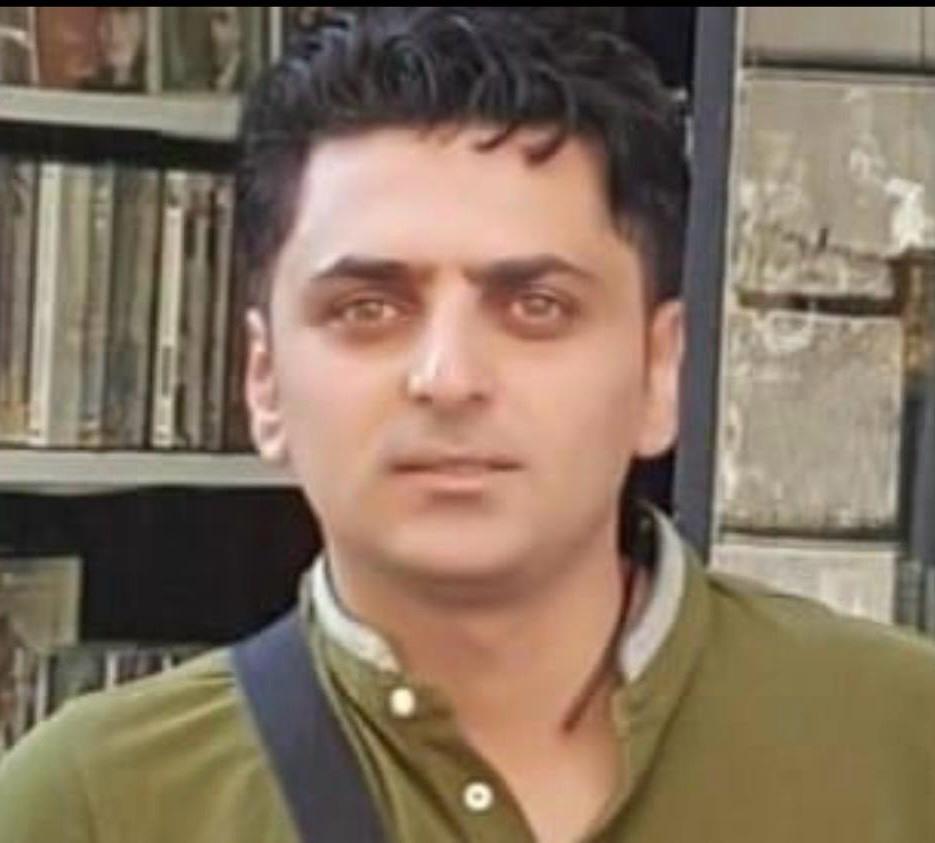National Dialogue Committee or Inquisition?
By Shoresh Khani
At the beginning of February, the Syrian people felt a glimmer of hope upon hearing that the Syrian transitional government intended to form a Syrian National Dialogue Committee as a fundamental step towards the democratization of Syria in the current context. This national dialogue is meant to serve as a gateway to redefining the state, society, and power on democratic grounds. However, we may find ourselves confronting a desperate recycling of exclusionary discourses that reproduce the past under the guise of dialogue. In this scenario, different identities and experiences are subjected to a predetermined ideological scale, allowing only the voices that align with the ambitions of political Islam to be heard. Any dissenting discourse is pushed into marginal corners or reframed within an ideological system that reduces it to a mere extension of the emerging religious authority.
The matter at hand is not merely one of ideological bias; rather, it constitutes a systematic process of reshaping the public sphere according to a cognitive model that excludes pluralism and imposes strict conditions on who is permitted to speak and what they are allowed to convey. As Michel Foucault pointed out, power does not exercise repression solely through direct prohibition; it also shapes a system of “truth” that determines who holds the legitimacy to discourse. Consequently, national dialogue turns into an intellectual inquisition, where concepts and identities are subjected to tests of loyalty to an ideological project that imposes a monolithic vision of Syria’s future.
In this context, the Kurds and other groups that do not conform to the discourse of political Islam in Syria are treated as subjects of conditional integration rather than as active agents entitled to cultural and political self-determination. Here, symbolic violence, as described by Pierre Bourdieu, manifests clearly; dissenting voices are not only suppressed but also reconfigured within a semantic system that deprives them of their right to self-representation. In this dialogue, the Kurds are not allowed to speak for themselves; instead, they are coerced into addressing others with vocabulary that fails to reflect their actual experiences, which is instead tailored to serve the Islamist conception of the state and society.
We observe a relentless attempt to define “patriotism,” “legitimacy,” and “identity” through narrow criteria that exclude anyone who does not conform to them. The dominant powers strive to impose their own perceptions, whether through media discourse, by controlling mechanisms of participation, or by enforcing rigid religious, nationalist, and ideological parameters that fail to acknowledge the multiplicity of identities within Syrian society.
In such an environment, national dialogue degrades into an authoritarian exercise that is not significantly different from traditional tools of exclusion practiced throughout history. The National Dialogue Committee is psychologically aligned with the Turkish state in its obsequiousness, oppression, and complex of dependency and loyalty, making it a tool for reproducing patterns of domination rather than a space for liberation and genuine change.
This type of “dialogue” is not much different from the mechanisms of control employed by totalitarian regimes throughout history, where a false image of pluralism is promoted while discourse is confined within closed circles of ideological authority. When the question of national identity arises, the intention is not to construct a shared concept based on free interactions among various Syrian components, but rather to impose a normative model that dictates how individuals should think and redefine themselves within the value system established by the victor of the ideological struggle (whoever liberates decides).
The reproduction of exclusion under the guise of dialogue represents the most dangerous form of authoritarianism, as it grants power the ability to perpetuate itself without resorting to direct repression. This is why any national dialogue project is destined to fail unless it is founded on dismantling these authoritarian structures and restoring the right of different groups to articulate their independent discourse without having to navigate the intellectual inquisition that political Islam seeks to impose as a prerequisite for any political participation. Ultimately, the fundamental question is not who is allowed to speak, but who is granted the right to be heard. What is occurring today is not a dialogue, but a reworking of silence, where only the voice that aligns with the desired paradigm is heard, while all other voices are silenced under the weight of exclusion.




Comments are closed.